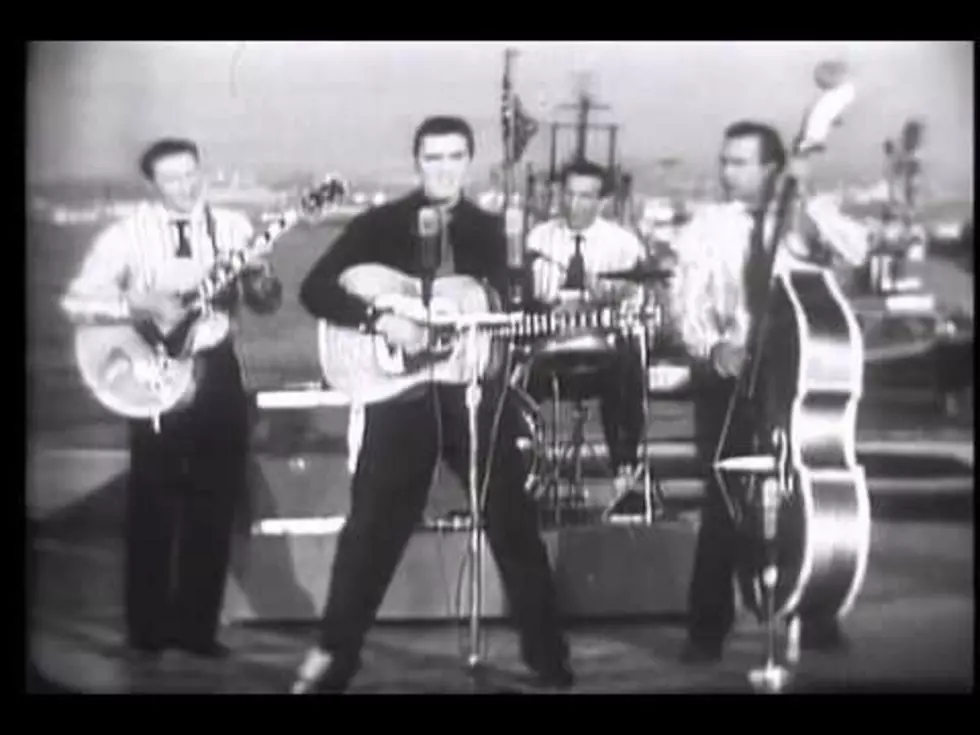
Should NJ offer first-time DUI offenders a diversion program?
New Jersey has one of the strictest DUI laws in the nation.
First-time offenders lose their license for three months, they must pay thousands of dollars in fees, court costs and surcharges, and the offense stays on their record for life.
New York, Pennsylvania and Delaware have diversion programs for first-time offenders that allow these individuals to wipe their records clean, but that’s not the case in New Jersey.
Some individuals and organizations, including Mothers Against Drunk Driving, are open to the idea of implementing a diversion program, with certain conditions.
“If it involves an alcohol-based drunk driving offense, MADD is OK with having a diversionary program, as long as a requirement of the participation and completion in that diversion program includes the use of an in-car breathalyzer for at least six months and that anybody that causes an injury is not eligible for such participation,” said Frank Harris, MADD’s national director of state government affairs.
He said if the diversion program is properly designed, “the drunk driver is incentivized to perhaps get their life back together, whether it’s using an interlock device for six months to teach that sober driving behavior, or participating in other rehabilitative activities.”
Harris said we must look for ways to make sure someone involved in a DUI does not repeat the behavior and possible go out and injure or kill someone.
He noted Pennsylvania does have a diversion program for first-time DUI offenders, but it’s basically a joke.
“It’s a horrible diversion program because a first-time offender doesn’t have to go on an ignition interlock if they participate in that diversion program. They essentially get a free DUI,” he said.
“Using an ignition interlock device on a vehicle for at least six months, that’s been proven time and time again through various studies, to reduce repeat offenses.”
A MADD report on interlocking devices found they stopped 350,000 attempts to drive drunk last year across the nation.
“In New Jersey alone, ignition interlocks stopped 15,000 attempts to drive drunk,” he said.
New Jersey Assemblyman Declan O'Scanlon, R-Monmouth, who sponsored legislation to stop those whose license has been suspended for DWI from operating a NJ Transit train, said it’s an idea worth exploring but the goal needs to be the greatest amount of compliance and the greatest amount of safety with the least amount of needed punishment to be effective.
He stressed one of the things we need to make sure of if we’re going to make any changes to our DWI laws “is that we don’t reduce the swiftness and assuredly and perceived severity of punishment for people that are convicted of DWI.”
“We need to make sure that we’re not creating a loophole that too many people who don’t deserve it can squeeze through.”
He said DUI laws must be tough, but if they’re too severe and drastic in punishment they may actually lose effectiveness because police officers may be reluctant to charge someone with something that may ruin their life.
The state Motor Vehicle Commission website indicates if you are caught driving under the influence of intoxicants or with a blood alcohol concentration of 0.08 percent, you will be cited for DUI, with the following penalties:
- License suspension: 3 months.
- Imprisonment: Maximum 30 days.
- Fine: $250 to $400.
- Intoxicated Driver Resource Center (IDRC): Mandatory 12 to 48 hours.
- Intoxicated Driver Resource Center (IDRC) Fee: $230.
- Alcohol Education and Rehabilitation Fund Fee: $100
- Drunk Driving Fund: $100
- Neighborhood Services Fund: $75
- Surcharges: $1,000 per year for 3 years.
- In addition, offenders with higher blood alcohol concentrations may be required to have an ignition interlock device installed in their car for the period of time their license is suspended.
You can contact reporter David Matthau at David.Matthau@townsquaremedia.com
More From WOBM:
More From Beach Radio










